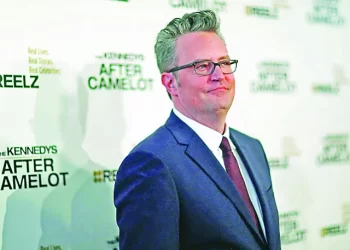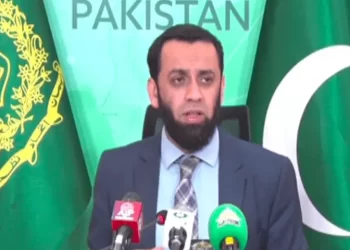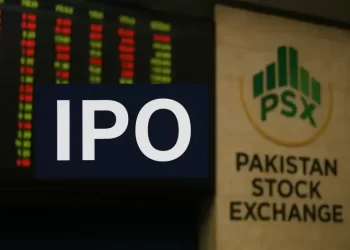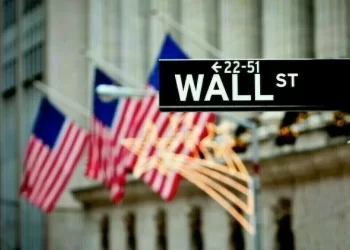The African National Congress (ANC) party lost its parliamentary majority in a historic election result on Saturday that puts South Africa on a new political path for the first time since the end of the apartheid system of white minority rule 30 years ago.
With more than 99% of votes counted, the once-dominant ANC had received just over 40% in Wednesday’s election, well short of the majority it had held since the famed all-race vote of 1994 that ended apartheid and brought it to power under Nelson Mandela.
The final results are still to be formally declared by the Independent Electoral Commission, but the ANC cannot pass 50% and an era of coalition government – also a first for South Africa – is looming.
The electoral commission said it would formally declare the results on Sunday.
While opposition parties hailed the outcome as a momentous breakthrough for a country struggling with deep poverty and inequality, the ANC remained the biggest party by some way.
However, the unprecedented slump in its support means it will now likely need to look for a coalition partner or partners to remain in the government and re-elect President Cyril Ramaphosa for a second and final term. Parliament must meet to elect the South African president within 14 days after election results are declared.
“The way to rescue South Africa is to break the ANC’s majority and we have done that,” said John Steenhuisen, the leader of the main opposition Democratic Alliance party.
Julius Malema, the leader of the Economic Freedom Fighters opposition party, said the ANC’s “entitlement of being the sole dominant party” was over.
The way forward threatens to be complicated for Africa’s most advanced economy, and there’s no coalition on the table yet. The three main opposition parties and many more smaller ones were in the mix as the bargaining begins.
“We can talk to anybody and everybody,” ANC Chairman Gwede Mantashe said on national broadcaster SABC.
Steenhuisen’s Democratic Alliance was on around 21% of the vote. The new MK Party of former President Jacob Zuma, who has turned against the ANC he once led, was third with just over 14% of the vote in the first election it has contested. The Economic Freedom Fighters was fourth with just over 9%.
More than 50 parties contested the election, many of them winning tiny shares, but the three main opposition parties appear to be the most obvious for the ANC to approach.
Electoral commission Chairman Mosotho Moepya said it was a time for everyone to keep calm “and for leaders to lead and for voices of reason to continue to prevail.”
“This is a moment we need to manage and manage well,” he said.
Steenhuisen said his party is open to discussions with the ANC, as did Malema. The MK Party said one of their conditions for any agreement was that Ramaphosa is removed as ANC leader and president. That underlined the fierce personal political battle between Zuma, who resigned as South African president under a cloud of corruption allegations in 2018, and Ramaphosa, who replaced him.
“We are willing to negotiate with the ANC, but not the ANC of Cyril Ramaphosa,” MK Party spokesperson Nhlamulo Ndlela said.
Associated Press









